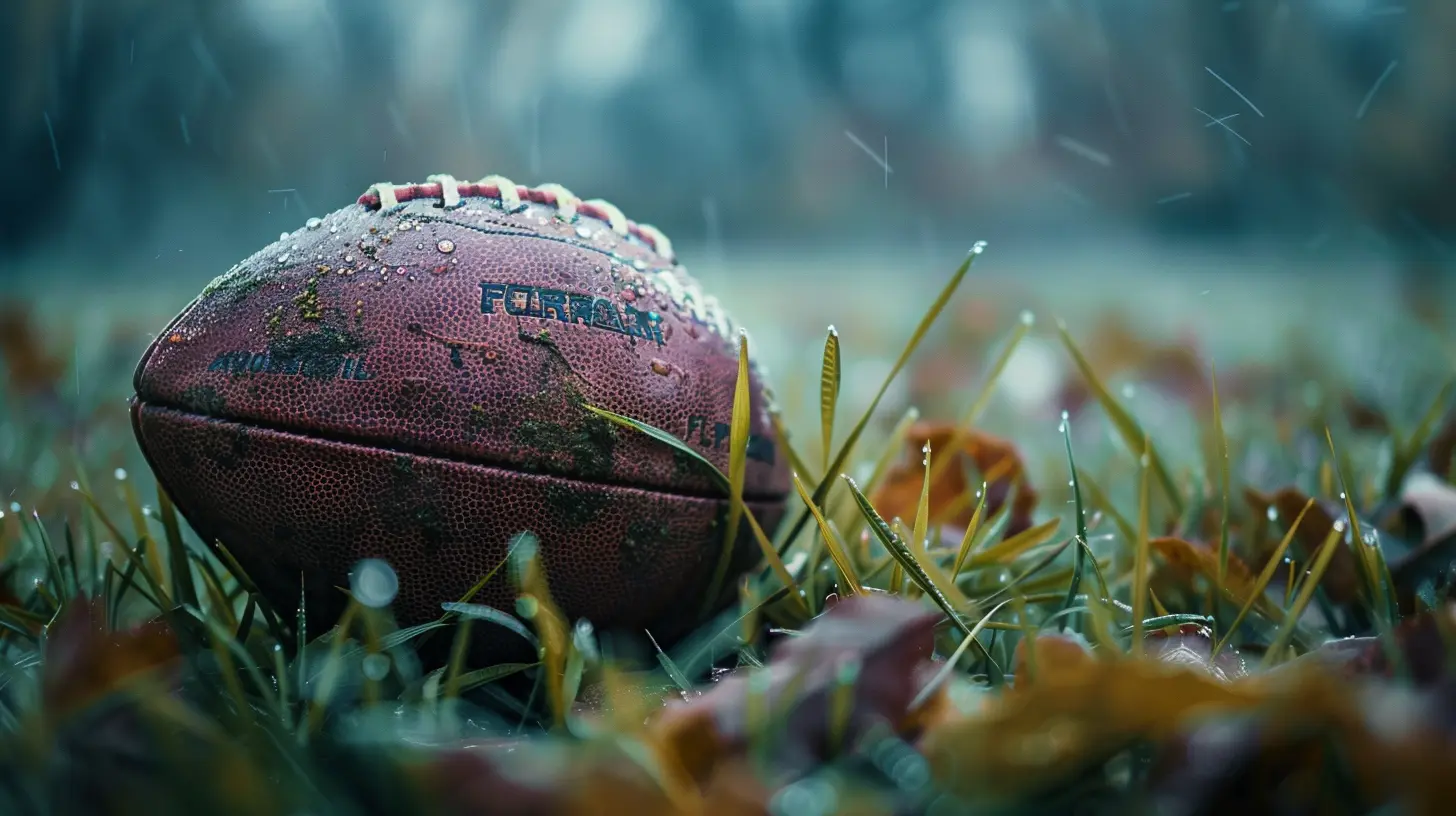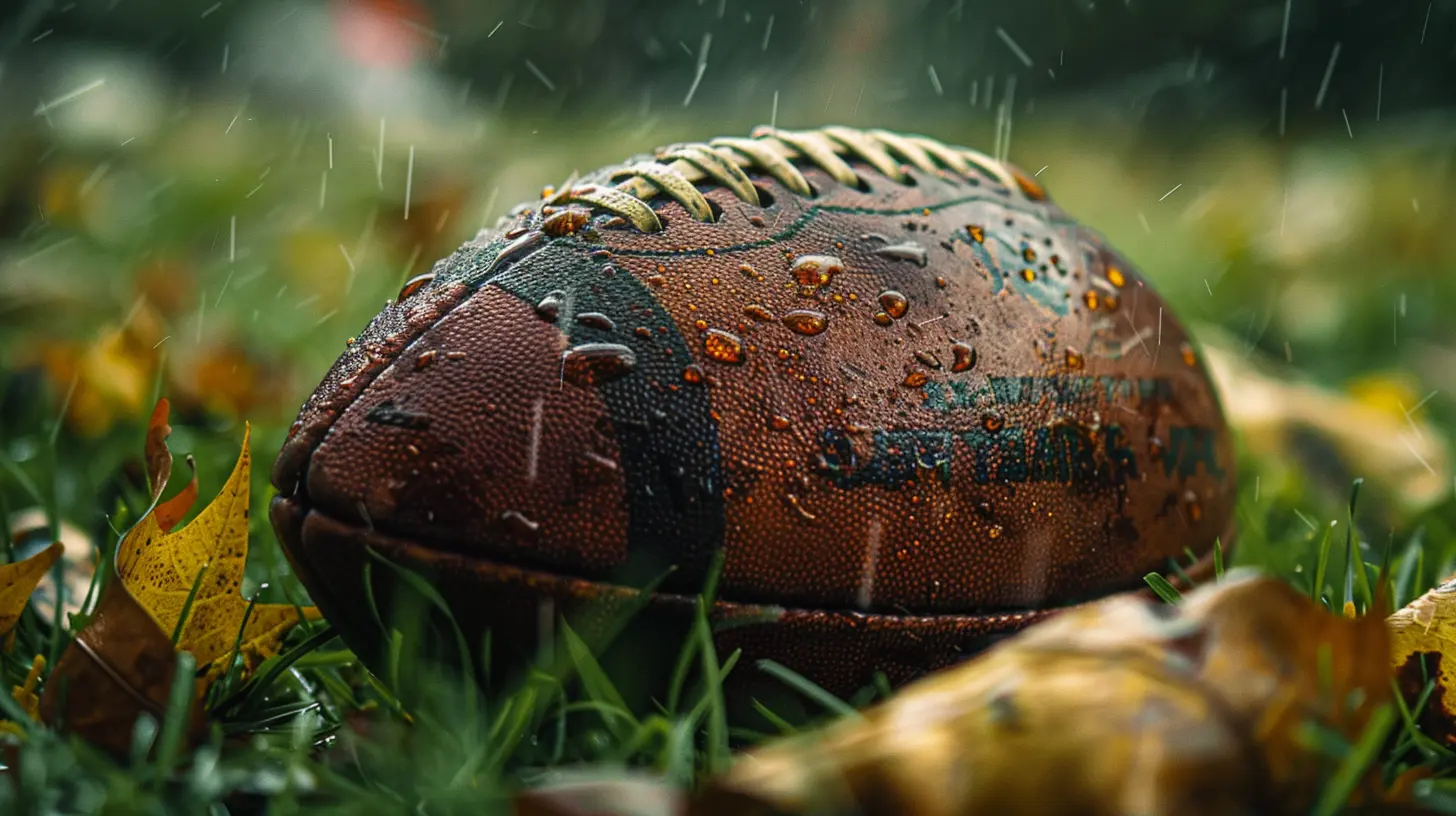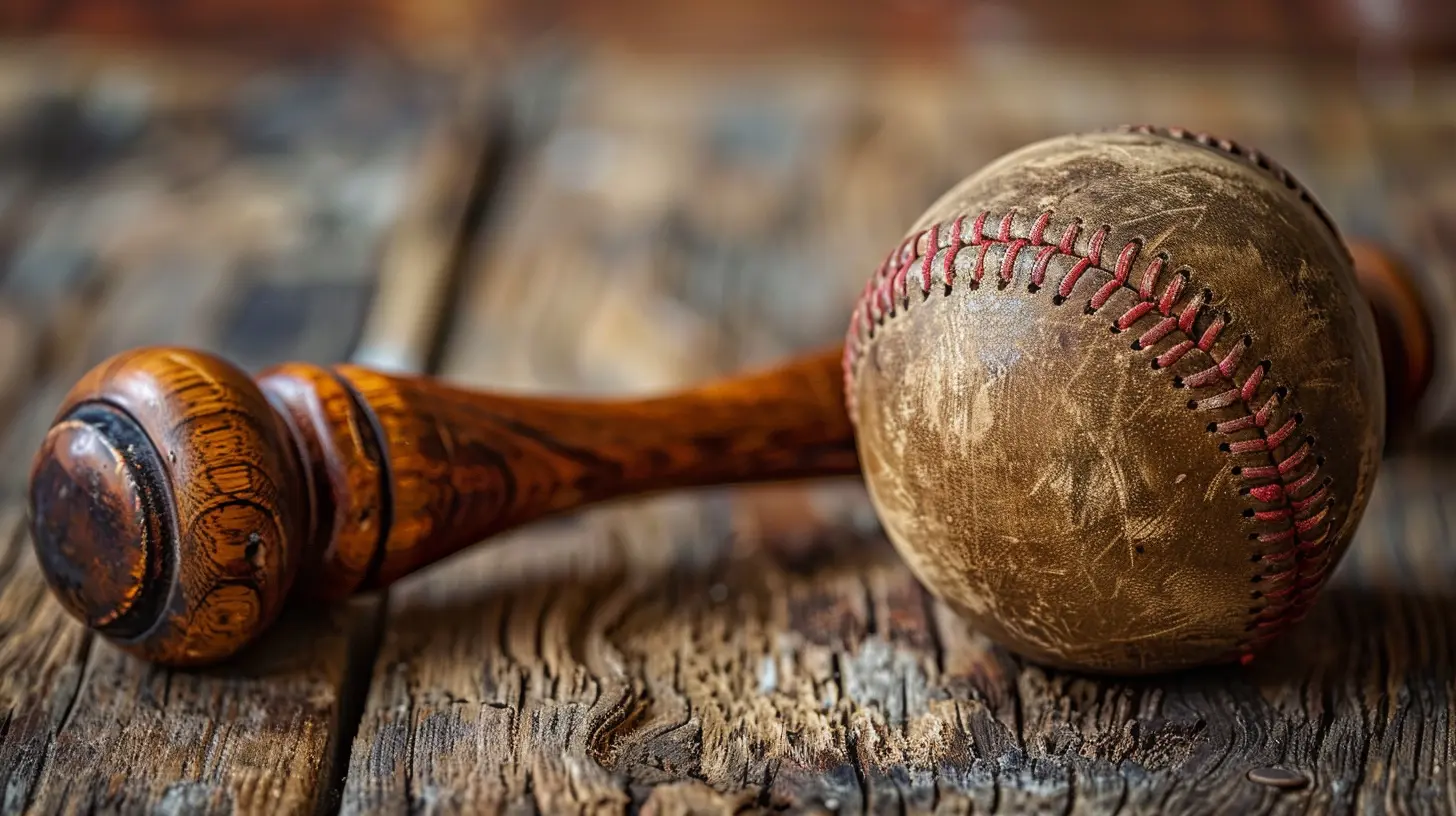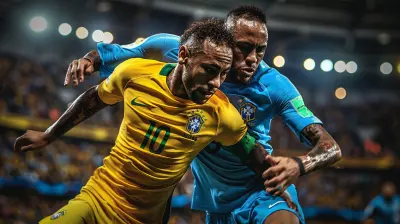Hidden Agendas: The Politics of Sports Scandals
19 October 2025
Let’s be real: we love sports. Whether it's the thunderous roar of a packed stadium, the last-second game-winner, or the underdog story that gives us chills — sports are a universal language. They unite us, uplift us, and sometimes even teach us about perseverance and passion.
But what happens when the game gets tainted? When the feel-good narrative cracks open and all that’s left is a mess of lies, corruption, and cover-ups? That’s where things get messy. That’s where politics slide into the locker room without an invitation.
Welcome to the tangled web of hidden agendas — the politics of sports scandals. This isn’t your average behind-the-scenes drama. This is a deep dive into how power, money, and media come together to shape the narrative of our favorite games. Buckle up — this ride’s got a few unexpected twists.
The Illusion of Fair Play: When Sports Become a Stage
You think about sports, and you think fairness, right? That’s the dream, anyway. Two teams. Level playing field. Best man or woman wins. But here’s the kicker: sports are rarely just about the physical contest. There’s always something brewing behind the scenes.Take any major scandal — doping, bribery, fixing matches, you name it — and nine times out of ten, you’ll find someone pulling strings for personal gain. Politics doesn’t wear a referee uniform, but boy, does it influence the scoreboard.
From FIFA’s corruption cases to the steroid era in Major League Baseball, powerful stakeholders have manipulated outcomes, not just to win games, but to secure sponsorship deals, boost national pride, or keep billion-dollar industries alive. Scandals like these aren’t isolated accidents — they’re symptoms of a system with tangled loyalties and hidden motives.
Doping Scandals: More Than Just Greed
When people think of doping, they often picture greedy athletes willing to cheat for glory. But let’s zoom out. Think beyond an individual’s poor decision. These athletes often come from systems that enabled — or even encouraged — performance enhancement.Remember Lance Armstrong? His fall from grace wasn’t just about one man lying for years. It exposed a whole cycling culture that silently supported doping to stay competitive. The pressure didn’t come from thin air. It came from sponsors, governing bodies, and fans who demanded superhuman results.
The story repeats in countries with state-sponsored doping, like Russia. The biggest fallout from the 2014 Sochi Winter Olympics wasn’t just a few stripped medals. It was a national-level strategy to dominate the sporting world — at any cost.
So, is it really just about winning? Or is it about controlling the narrative of national superiority?
Media Manipulation: Who Controls the Story?
Let’s talk media. It’s the lens we see sports through. It can make heroes out of rookies or villains out of champions. But when scandals break, how the media frames them says a lot about who’s really in charge.Why do some stories get front-page treatment while others get buried? Look at the varying coverage of similar scandals across different countries or leagues. Some athletes are crucified in the public eye, while others are quietly brushed under the rug.
That’s no accident. Media partners, league officials, and advertisers often work symbiotically. Bad press hurts business. So, if there’s a scandal that threatens the financial ecosystem, you’d better believe that spin doctors get to work.
It’s like trying to clean a shattered mirror — you can’t quite piece it back, but you sure can try to hide the cracks.
Politics at Play: When Governments Enter the Arena
Sports and politics have always danced together, even if they try to pretend otherwise.Let’s take the Olympics, arguably the most politically charged sporting event in the world. Countries pour billions into hosting the Games, not just to showcase athletic prowess, but to boost national reputation, tourism, and even political clout.
When governments pressure athletes to perform or silence dissent within sports organizations, it's not about fair competition. It’s about showcasing a storyline to the world. A power play dressed in athletic gear.
And when scandals happen — like vote-buying to win hosting rights or Olympic bidding corruption — it's rarely just about individual greed. More often, it's geopolitical chess.
Athletes as Pawns or Players?
Now here’s a question — are athletes the victims or co-conspirators in these scandals?Honestly, it’s a bit of both.
Many athletes are pushed into systems they have little control over. They’re young, ambitious, and sometimes desperate for opportunity. So when a coach whispers, “This is what everyone does,” it can get blurry. Morality versus survival. Legacy versus livelihood.
But let’s not forget: some athletes do have the power to resist — and still choose the wrong side. Knowing that millions of eyes are watching, they embrace shortcuts, manipulate outcomes, and betray their fans’ trust.
The difference? Power. Resources. Support systems. Culture. Every decision is shaped by a much larger, often invisible, network.
Whistleblowers, Warriors, and the Price of Truth
Not everyone stays silent. Some shine a light in dark corners, risking careers and reputations to expose the truth.Whistleblowers like Grigory Rodchenkov — the Russian scientist behind the country's doping scandal — changed the trajectory of global sports integrity. But at a high price. Exile, threats, constant fear. These aren’t just brave individuals; they’re the unsung heroes of clean competition.
Why do people in power fear whistleblowers so much? Because they rip off the masks and show us the truth. That the people we idolize, the organizations we trust, sometimes aren’t what they seem.
But their courage challenges us to ask harder questions. To demand more transparency. To not settle for surface-level apologies or PR cleanups.
Redemption Stories: Rising from the Rubble
Here’s where it gets uplifting.Yes, sports scandals are messy. They shake our faith. But they can also create space for growth and redemption. From shattered reputations sometimes come stories of change — athletes who own their mistakes, organizations that overhaul culture, fans who insist on accountability.
Think of Michael Vick. His involvement in illegal dogfighting made headlines for all the wrong reasons. But after serving prison time and facing intense public judgment, Vick took real steps to educate others, work with animal rights groups, and speak about second chances.
See? Scandals don’t always have to be the end of the story. Sometimes, they spark a much-needed new chapter.
What's the Takeaway Here?
Politics and hidden agendas will likely always exist in sports. Power attracts manipulation — it’s the unfortunate reality of any large-scale industry. But that doesn't mean we have to accept it blindly.As fans, we’ve got a role to play too. Let’s stop idolizing organizations without questioning their motives. Let’s support athletes who stand for integrity, not just performance. Let’s reward the truth-tellers, not just the record-breakers.
Because in the end, it's not just about goals, points, or medals. It's about the stories we tell and the values we pass down through the games we love.
Final Thoughts: Playing the Long Game
Sports are more than just entertainment. They’re reflections of who we are — our ambitions, our flaws, our potential for greatness. But they also reflect our systems, our politics, and the choices we make behind closed doors.When we pull back the curtain and confront what’s really going on in sports scandals, it’s not to ruin the magic — it’s to protect it.
And that’s worth fighting for.
So, next time you’re watching your team take the field, remember: the real game might be happening where you can’t see it. But the power to change the rules? That starts with us — the fans, the voices, the ones who believe in honesty, fairness, and the unshakable spirit of sport.
all images in this post were generated using AI tools
Category:
Sports ScandalsAuthor:

Umberto Flores
Discussion
rate this article
1 comments
Genevieve McAndrews
Sports scandals always seem to reveal more than just the game. It’s fascinating how behind-the-scenes politics shape our favorite teams and athletes. Makes you wonder what else is happening in the shadows of the field!
November 9, 2025 at 11:28 AM

Umberto Flores
Absolutely! Sports scandals often expose the complex web of politics and interests that influence the game, reminding us that there’s much more beneath the surface than what we see on the field.

